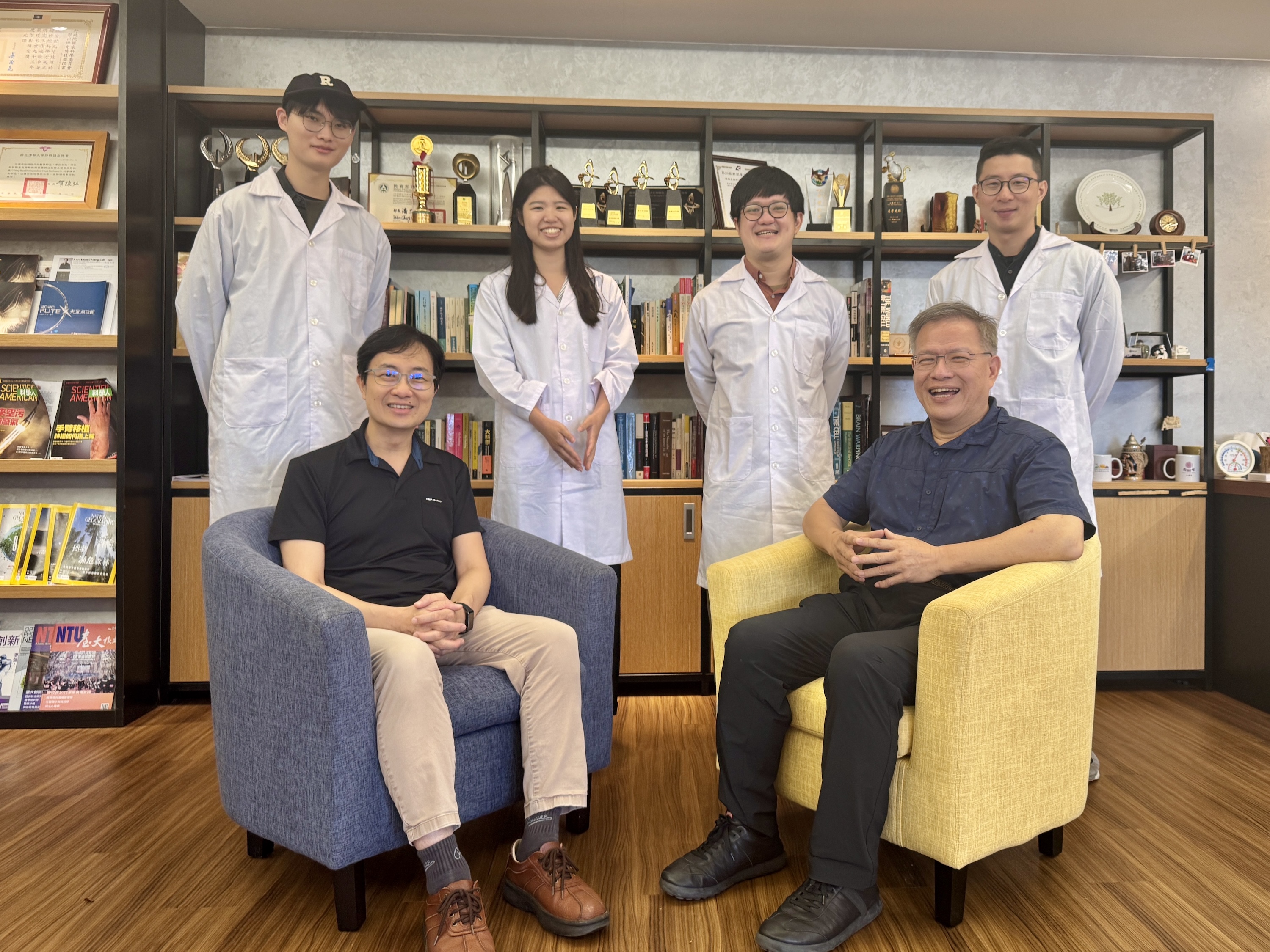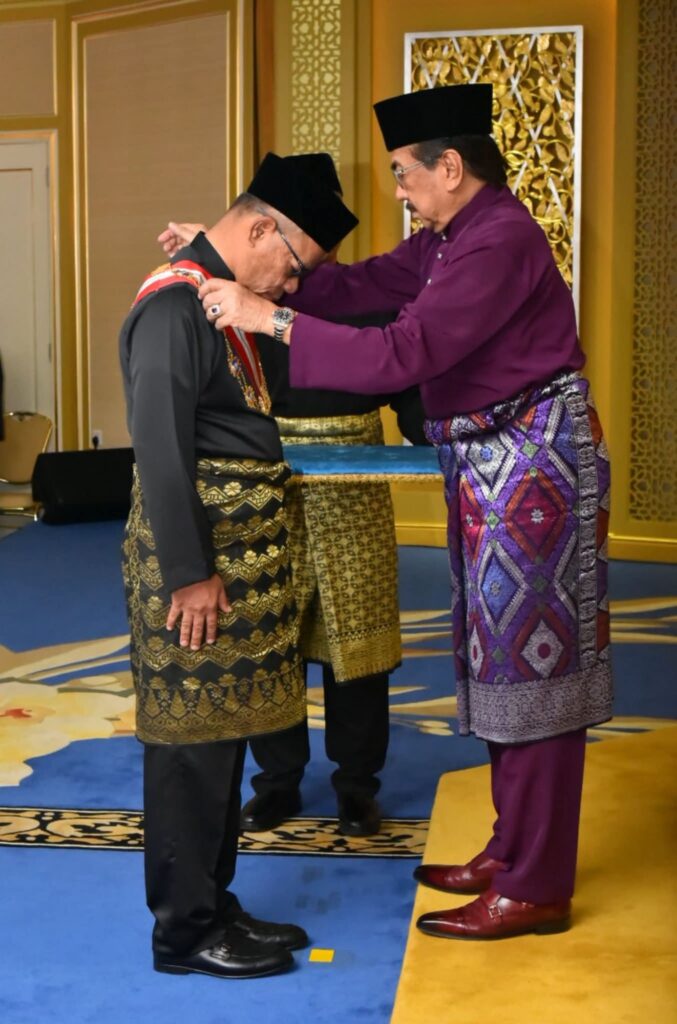HSINCHU, Taiwan, Aug. 15, 2025 (GLOBE NEWSWIRE) — The Director of the Brain Research Center at National Tsing Hua University (NTHU) in Taiwan, Ann-Shyn Chiang (江安世), Professor of the Institute for Systems Neuroscience, Chung-Chuan Lo (羅中泉), and Distinguished Chair Professor of the Department of Physics, Ting-Kuo Lee (李定國), led a cross-disciplinary team that has uncovered how fruit flies (Drosophila melanogaster) rapidly decide to either “eat” or “escape.” The study found that their brains transmit olfactory signals through a hybrid neural network, using so-called generalist neurons to process common odors such as pheromones and floral scents, and specialist neurons to handle the most crucial food-related odors.
Scientists once believed that neural connectivity in the fruit fly’s brain was random. However, Ann-Shyn Chiang discovered that these connections not only include random components but also feature dedicated “specialist lines” — precise and efficient pathways responsible for processing more critical information. The findings shed new light on the neural computing mechanisms of insect brains and may pave the way for future applications that bridge brain science and artificial intelligence. The research was recently published in Science Advances, a leading international journal.
The mushroom body, located at the center of the fruit fly’s brain, is the crucial hub for processing sensory information and supporting learning and memory. For the past two decades, scientists have held different views about the neural connectivity of the mushroom body. Nobel laureate Richard Axel (2004, Physiology or Medicine) analyzed roughly 10% of the relevant neurons and concluded that the neural connections were random. On the other hand, Ann-Shyn Chiang has argued that there may be specific patterns of connectivity within the fruit fly’s brain.
Chiang, a renowned neuroscientist and Academician of Academia Sinica, led a research team at NTHU that used neural connectome analysis, in vivo imaging technology, and computer simulation to study the hemibrain dataset. The team discovered that the connectivity between olfactory nerves and central neurons is neither entirely random nor completely stereotypic, but rather follows a hybrid pattern that combines both random and stereotypic features. Specific neural clusters exhibit clear preferences for connection partners, encoding different odors through both dispersed and convergent patterns, balancing the sensitivity and diversity of olfactory recognition.
The mushroom body in the fruit fly’s brain works like a miniature central processing unit (CPU), integrating various types of sensory input to assist the fruit fly in making decisions in complex environments, such as avoiding risks, finding food, or locating a mate.
The research team at NTHU found that the olfactory neurons of the fruit fly are divided into two functional types: “specialists” and “generalists.” Generalist neurons can respond to a wide range of odors — including food, pheromones, flowers, and trees — and diffuse signals to multiple neural circuits simultaneously, much like a radio transmission. In contrast, specialist neurons manage only key odors, such as those associated with food like fruit. They function more like a dedicated phone line, centralizing key information directly to designated neurons.
Professor Chung-Chuan Lo, from the Institute for Systems Neuroscience, further explained that the hybrid neural connections in fruit flies resemble a strong password — one that blends randomness and order. “Just like the way an ideal password combines familiar words with random characters, such as adding numbers or symbols to a name, the structure may seem illogical at first, but it is both easy to remember and difficult to decode,” Lo said.
Ann-Shyn Chiang noted that the discovery of hybrid neural connections in fruit flies, which combine both random and orderly features, sheds light on how the brain distributes and integrates information. It is also expected to offer new insights into the treatment of neurodegenerative diseases such as dementia and Parkinson’s disease, as well as provide inspiration for the design and application of AI neural networks.
The first authors of the paper are Li-Shan Cheng (鄭力珊), a master’s student from the Department of Physics, and Ching-Che Charng (強敬哲), a doctoral student in the Institute for Systems Neuroscience. The corresponding authors are Distinguished Chair Professor Ann-Shyn Chiang, Professor Chung-Chuan Lo, and Distinguished Chair Professor of the Department of Physics Ting-Kuo Lee. The NTHU research team also includes Kuan-Lin Feng (馮冠霖), a postdoctoral researcher at the Brain Research Center, and Ruei-Huang Chen (陳瑞煌), a doctoral student at the Department of Neuroscience. Feng was responsible for studying the biology and behavior of fruit flies, while Chen used functional imaging experiments to observe how olfactory information is transmitted in neural networks.
Ann-Shyn Chiang pointed out that Li-Shan Cheng and Ching-Che Charng led the team’s core theoretical analysis, while Ruei-Huang Chen and Kuan-Lin Feng were the scientists responsible for experimental testing. “The key to unraveling the neural connectivity of fruit flies is to combine cross-disciplinary collaboration in physics, neuroscience, and behavioral research,” Chiang said.
The NTHU Laboratory of Brain and Intelligence initiated the research on fruit fly neural connections in collaboration with Taiwan’s China Medical University (CMU), the National Health Research Institutes, Academia Sinica, and the Kavli Institute for Brain and Mind Research at the University of California, San Diego. The project received support from Taiwan’s Ministry of Education, the National Science and Technology Council (NSTC), and the Peng Education and Welfare Foundation.
Contact:
Holly Hsueh
NTHU
(886)3-5162006
hoyu@mx.nthu.edu.tw

The Director of the NTHU Brain Research Center, Ann-Shyn Chiang (江安世, front-right), and Professor Chung-Chuan Lo (羅中泉, front-left) of the Institute for Systems Neuroscience led a cross-disciplinary team to crack the code of the fruit fly’s brain. The team included Ruei-Huang Chen (陳瑞煌, from back-left), a doctoral student at NTHU’s Institute of Systems Neuroscience; Li-Shan Cheng (鄭力珊), a master’s student in NTHU’s Department of Physics; Ching-Che Charng (強敬哲), a doctoral student from the Institute of Systems Neuroscience; and Guan-Lin Feng (馮冠霖), a postdoctoral researcher at the Brain Research Center. (Photo: National Tsing Hua University)
A photo accompanying this announcement is available at https://www.globenewswire.com/NewsRoom/AttachmentNg/738adc57-2d8f-451f-8d67-ae0ad78bb063













